
Find Help
More Items From Ergsy search
-
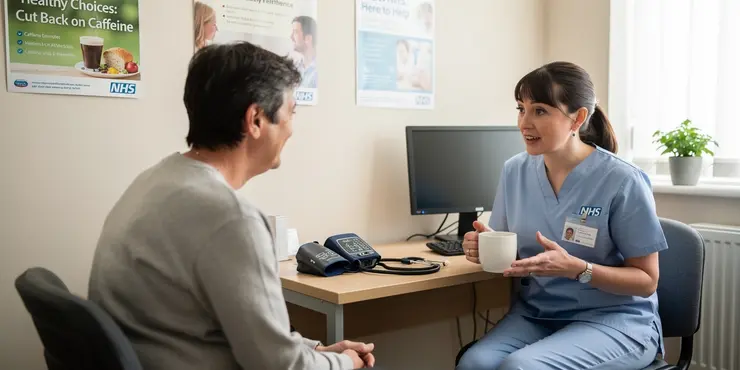
Does drinking coffee every morning increase the risk of developing high blood pressure?
Relevance: 100%
-
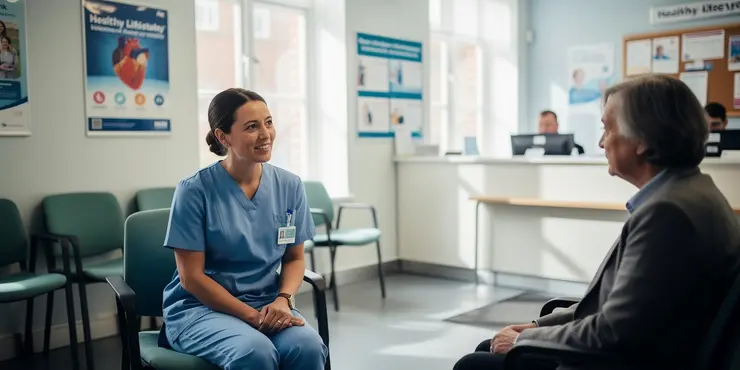
Is Your Morning Coffee a Risk Factor for High Blood Pressure?
Relevance: 79%
-

Should people with high blood pressure avoid coffee entirely?
Relevance: 72%
-
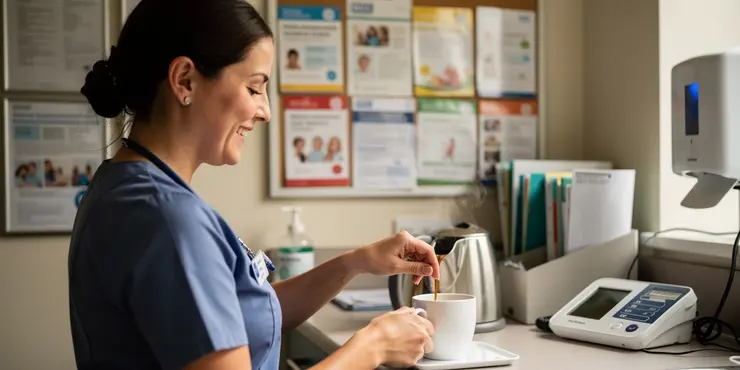
How soon after drinking coffee can blood pressure be affected?
Relevance: 68%
-
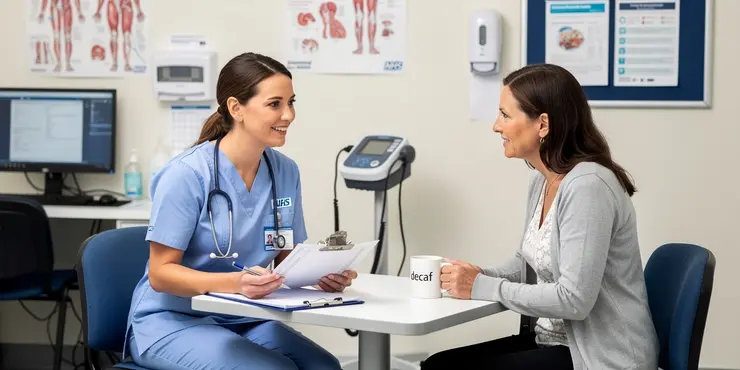
Can decaffeinated coffee affect blood pressure?
Relevance: 65%
-
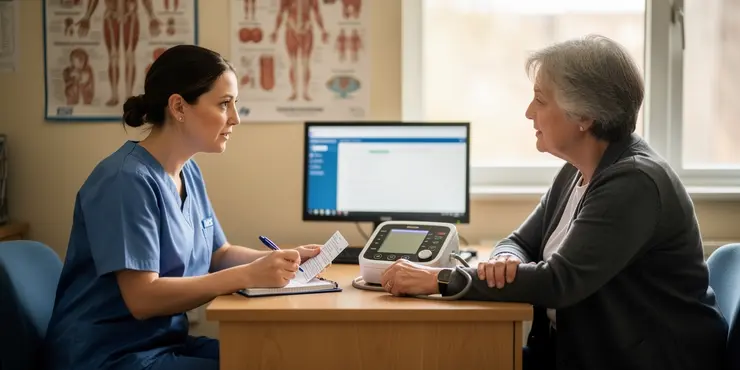
Is it safe to take blood pressure medication with coffee?
Relevance: 63%
-
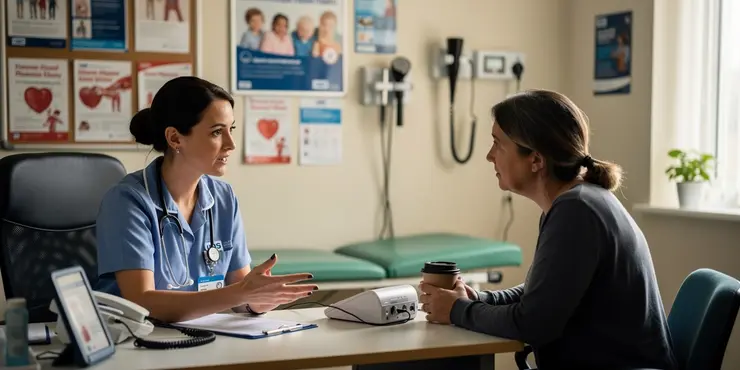
How can one minimize the impact of coffee on blood pressure?
Relevance: 62%
-
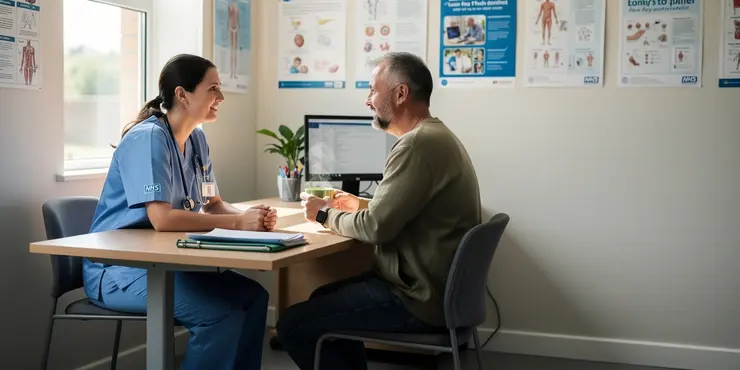
Is green tea a better alternative to coffee for blood pressure management?
Relevance: 61%
-
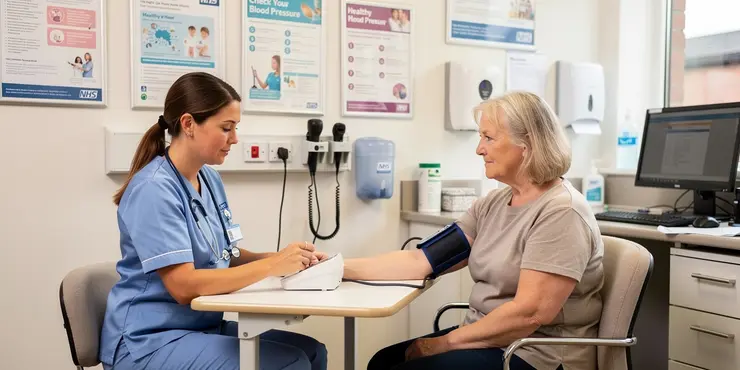
What are the risks of having high blood pressure?
Relevance: 60%
-
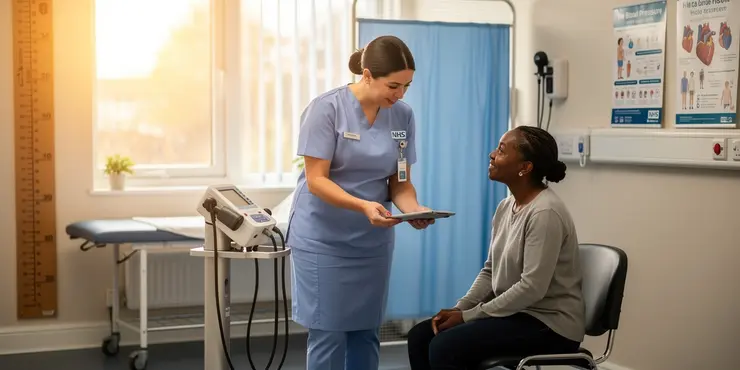
Is there a specific time of day when coffee has the most impact on blood pressure?
Relevance: 58%
-
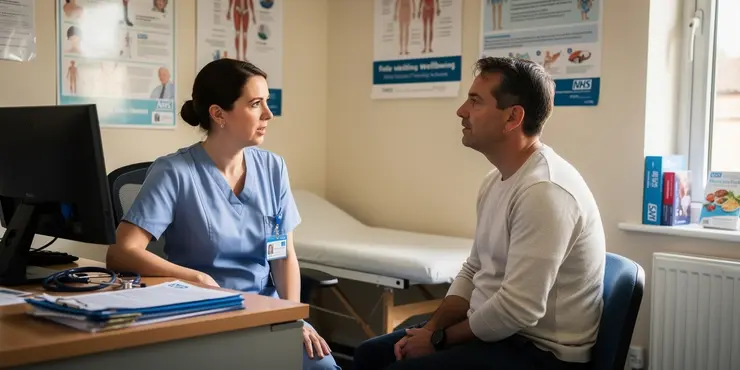
What causes high blood pressure?
Relevance: 58%
-
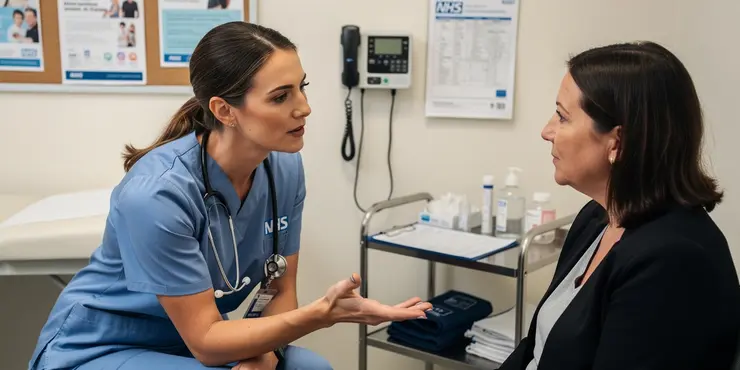
Does genetic makeup affect how coffee impacts blood pressure?
Relevance: 58%
-
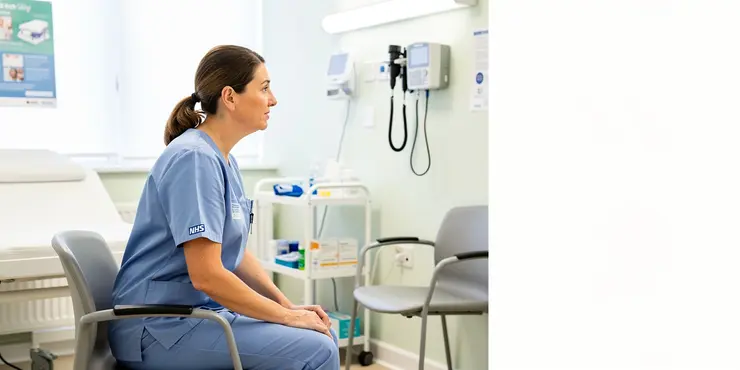
Are there any other factors in coffee that may affect blood pressure?
Relevance: 57%
-
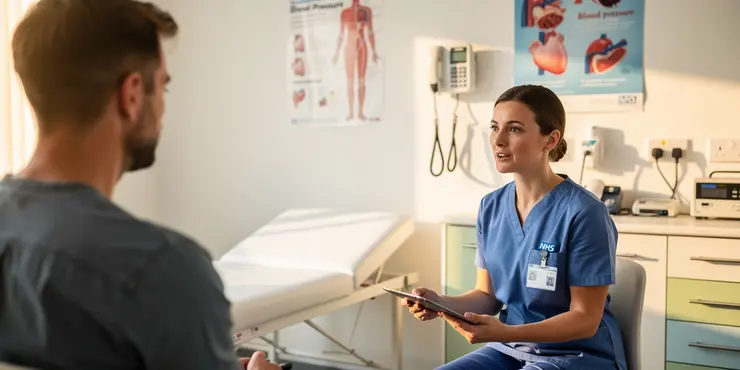
Can high blood pressure be prevented?
Relevance: 57%
-
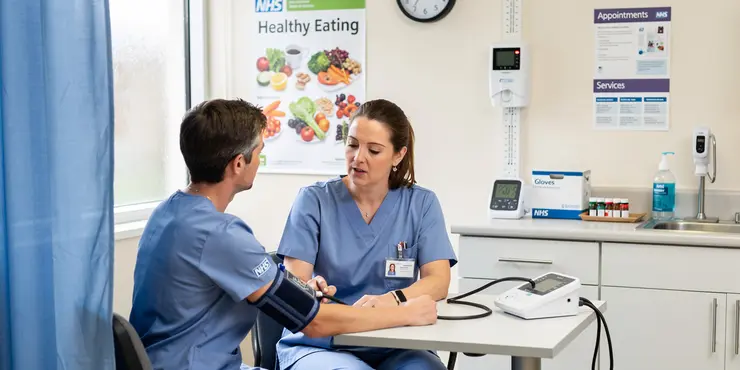
Does caffeine affect blood pressure?
Relevance: 56%
-
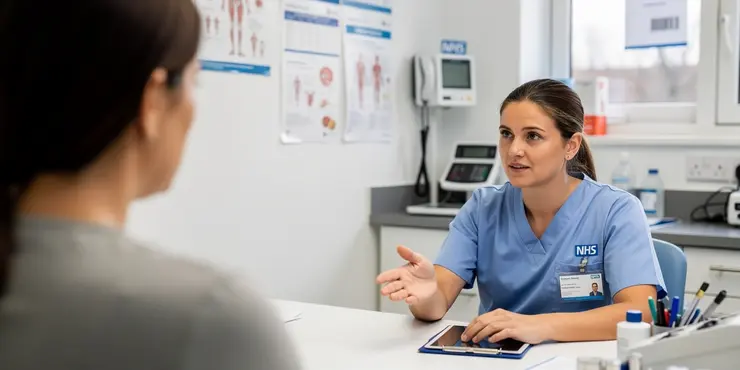
How much caffeine is generally considered safe for people with high blood pressure?
Relevance: 56%
-
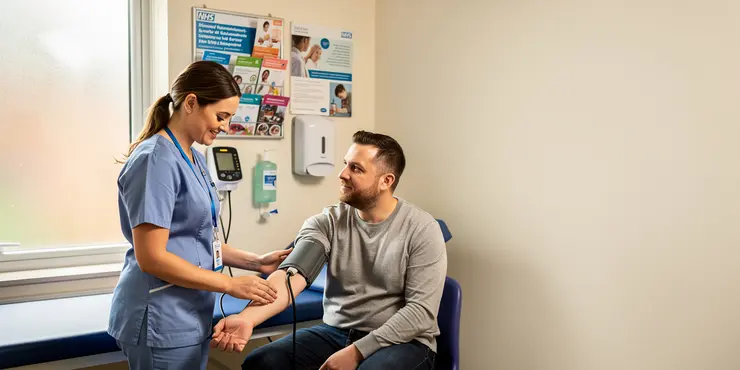
What is the link between coffee consumption and high blood pressure?
Relevance: 53%
-
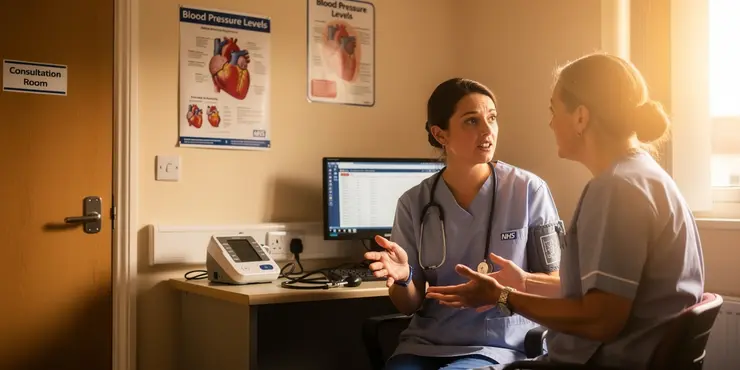
What is high blood pressure?
Relevance: 52%
-
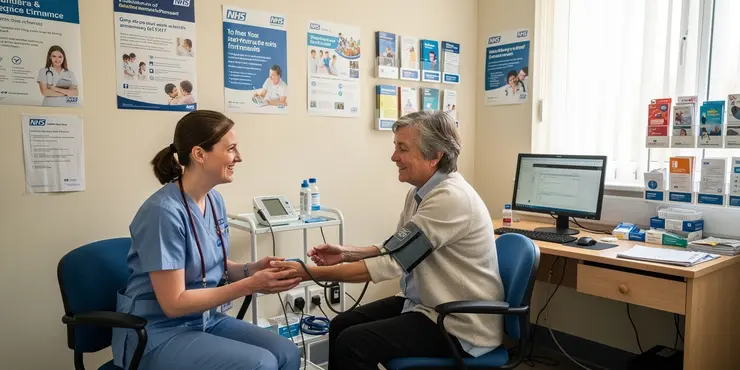
How does caffeine affect blood pressure?
Relevance: 52%
-
Are high caffeine drinks safe?
Relevance: 51%
-
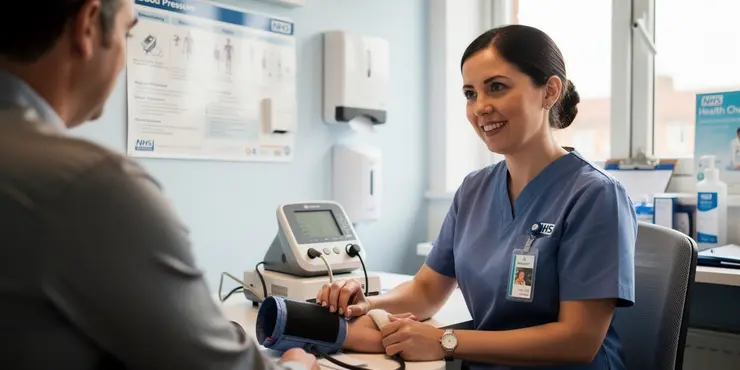
How is high blood pressure diagnosed?
Relevance: 49%
-
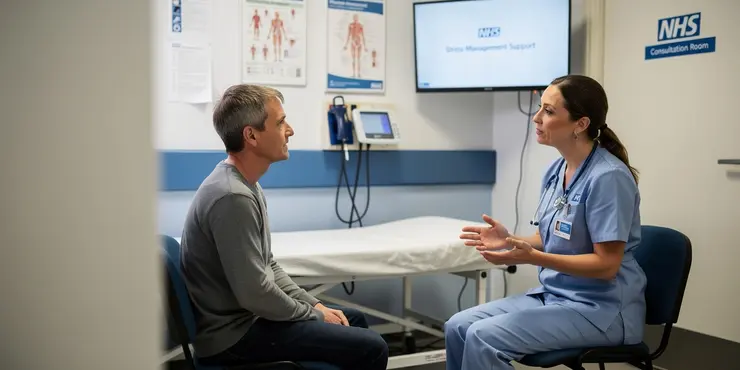
Can stress cause high blood pressure?
Relevance: 49%
-
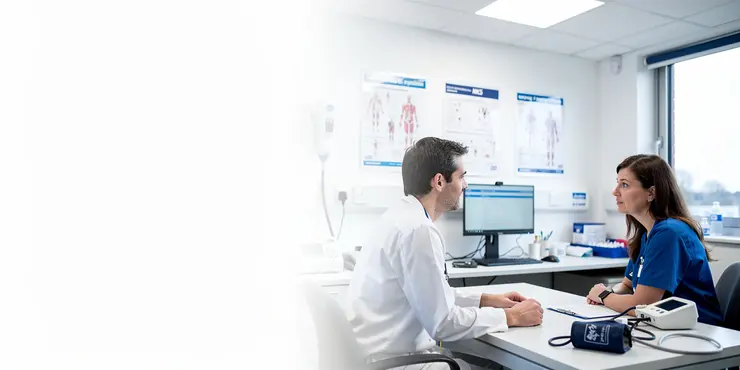
How can high blood pressure be treated?
Relevance: 49%
-
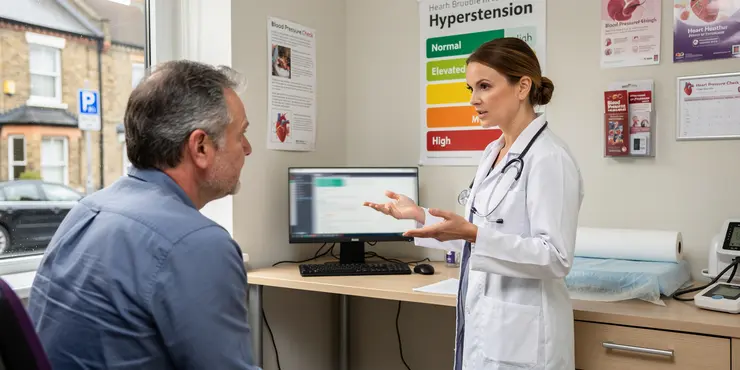
Can high blood pressure lead to other health problems?
Relevance: 49%
-
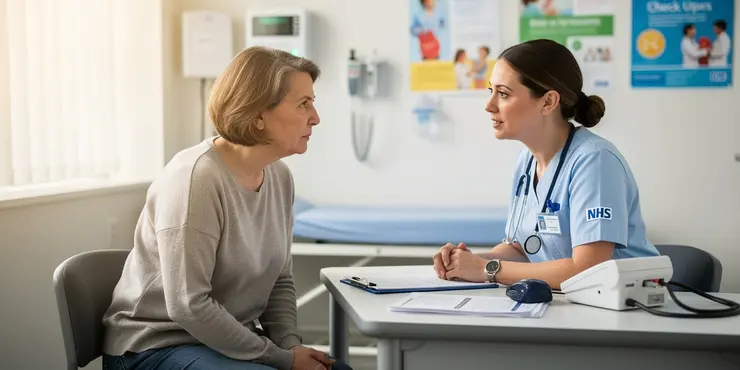
Why is high blood pressure called a 'silent killer'?
Relevance: 47%
-
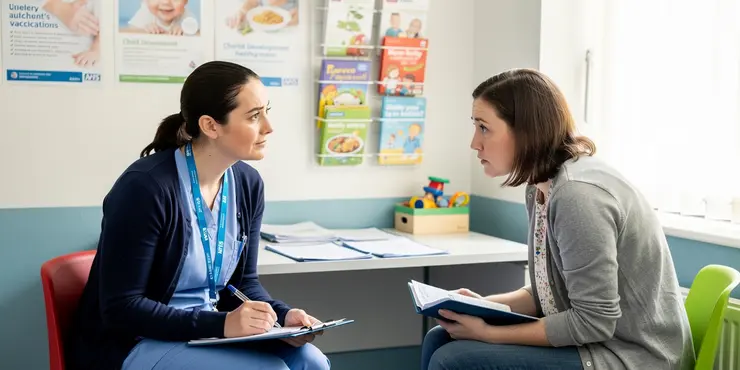
Should I test my child for high blood pressure?
Relevance: 47%
-
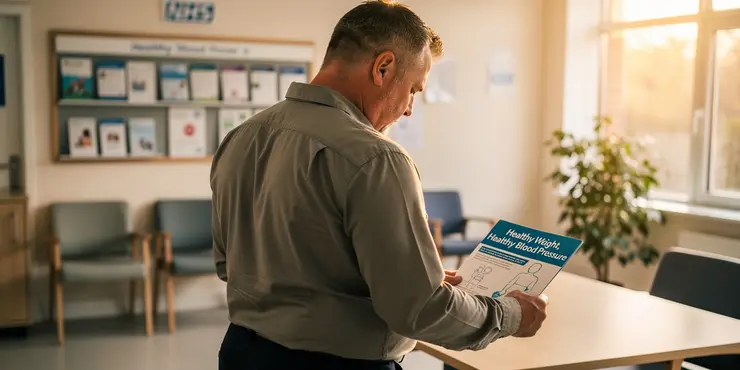
Can weight loss help reduce high blood pressure?
Relevance: 46%
-
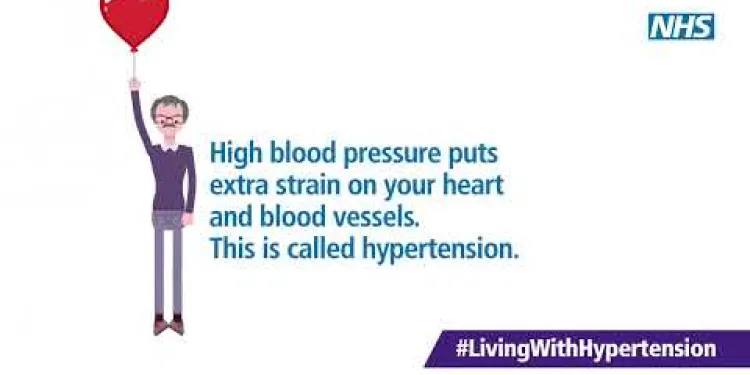
Blood pressure too high? Living with hypertension animation
Relevance: 45%
-

How does regular caffeine consumption impact tolerance and blood pressure?
Relevance: 44%
-
What is the ideal salt intake for someone with high blood pressure?
Relevance: 44%
-
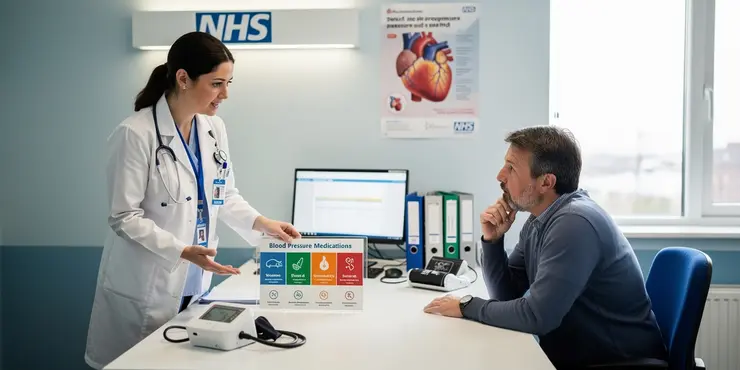
How do medications help control high blood pressure?
Relevance: 43%
-
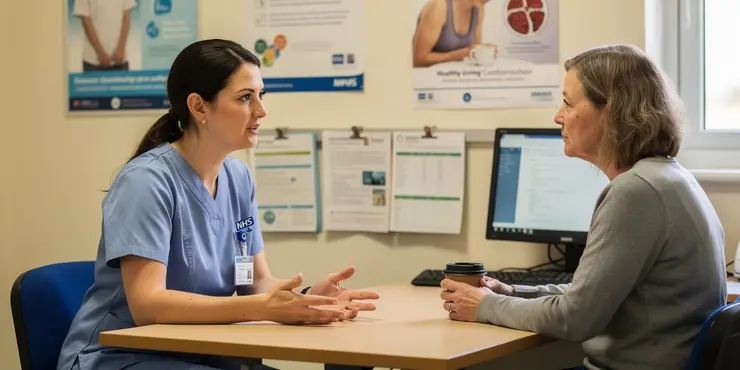
What is the recommended number of coffee cups per day for hypertensive individuals?
Relevance: 43%
-
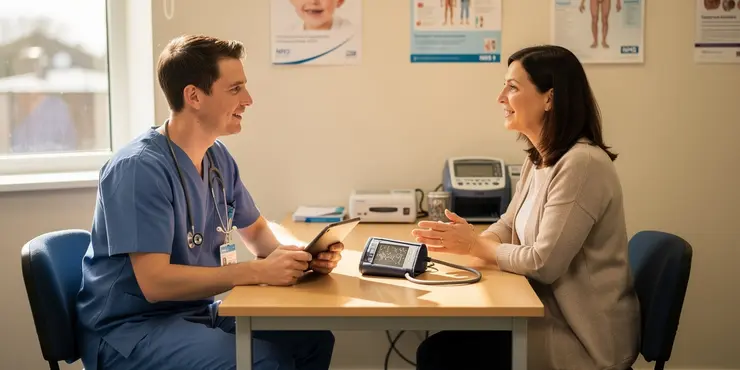
Is high blood pressure hereditary?
Relevance: 42%
-
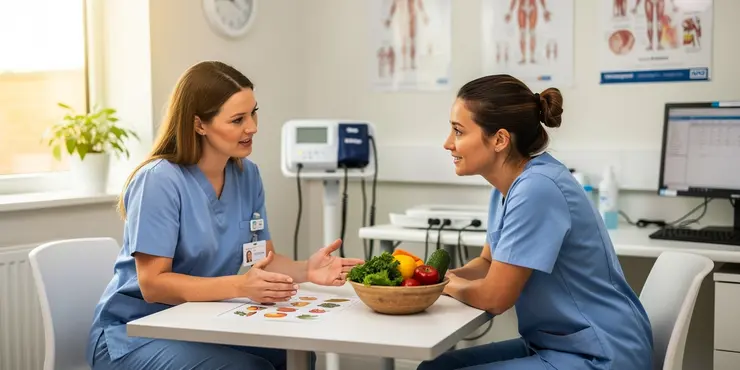
How does diet affect blood pressure?
Relevance: 42%
-

What are the symptoms of caffeine-induced high blood pressure?
Relevance: 42%
-
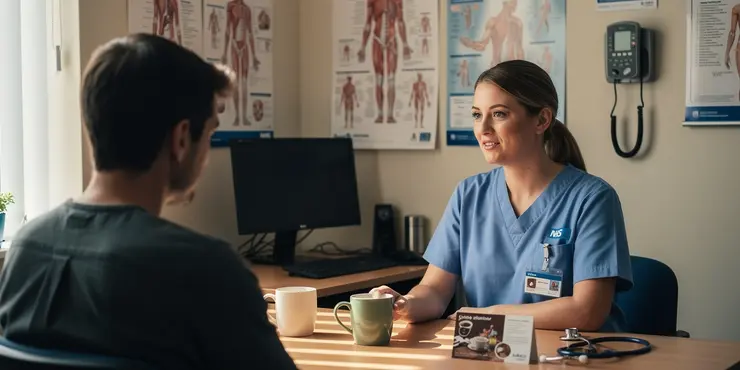
Does coffee consumption have any long-term heart health effects?
Relevance: 42%
-
How does salt impact blood pressure?
Relevance: 40%
-
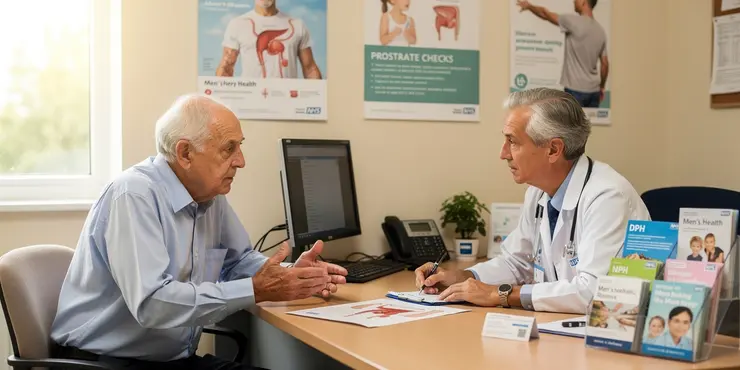
Who is at risk for developing BPH?
Relevance: 39%
-
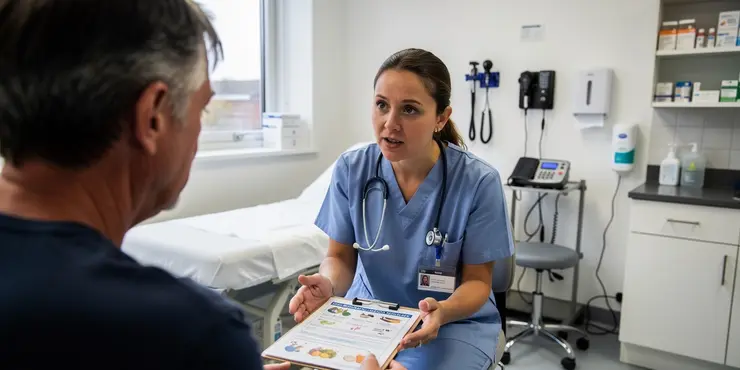
What lifestyle changes can lower blood pressure?
Relevance: 38%
-
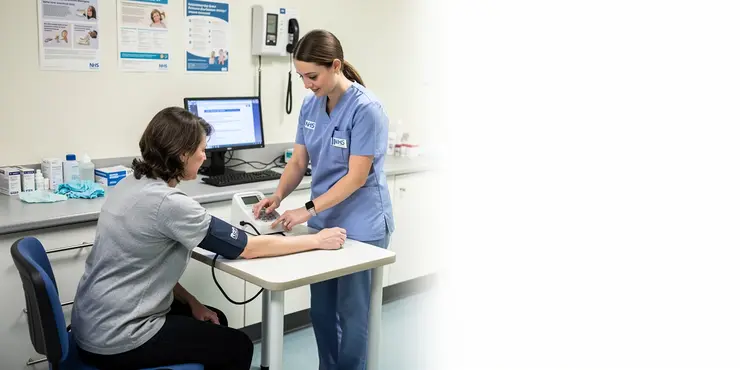
Seven Reaasons For Measuring blood pressure
Relevance: 38%
Introduction to Coffee Consumption and Health
Coffee is a beloved morning beverage for millions, packed with energy-boosting caffeine. For many, it’s a daily ritual that helps them start their day. However, with coffee's popularity comes the question of its effects on health, particularly concerning blood pressure. Understanding the relationship between morning coffee consumption and the risk of developing high blood pressure is crucial for those who enjoy their daily brew.
The Link Between Coffee and Blood Pressure
Caffeine, the primary component in coffee, is a natural stimulant that can impact the cardiovascular system. It works by blocking adenosine, a neurotransmitter that promotes relaxation and sleepiness, thereby increasing alertness and concentration. This stimulation can lead to a temporary increase in blood pressure. Some studies suggest that regular coffee drinkers may develop a tolerance, lessening caffeine's impact on blood pressure. However, the immediate effect following coffee consumption can still be significant for some individuals.
Research Findings: Mixed Outcomes
Research into the long-term effects of coffee on blood pressure yields mixed results. Several studies indicate a limited impact on the long-term risk of hypertension, particularly if consumed in moderate amounts. The UK-based study published by the British Journal of Nutrition found little evidence linking moderate coffee consumption to increased blood pressure. In contrast, excessive intake, generally considered over four cups per day, is likelier to exacerbate risk factors for hypertension.
Considerations for Regular Coffee Drinkers
For those accustomed to drinking coffee daily, moderation appears key. The National Health Service (NHS) advises limiting caffeine intake to around 400 mg per day, roughly equivalent to four cups of coffee. Individuals should be mindful of their personal tolerance and any pre-existing heart conditions, as the effects of caffeine can vary significantly from person to person. Additionally, maintaining an overall healthy lifestyle, including a balanced diet and regular exercise, can mitigate potential risks.
Conclusion: Coffee in Moderation
For most people, enjoying a morning cup of coffee is unlikely to lead to high blood pressure, particularly when consumed in moderation. Habitual coffee drinkers may experience a temporary rise in blood pressure, but this does not necessarily translate to long-term hypertension. As with any dietary decision, it is essential to consider individual health circumstances and consult with a healthcare professional if there are concerns. By managing overall caffeine intake and ensuring a balanced lifestyle, coffee can continue to be a delightful part of the morning routine without posing significant risks to blood pressure.
Introduction to Coffee and Health
Coffee is a popular drink that many people enjoy in the morning. It gives you energy because it has caffeine in it. Many people drink coffee every day to help them wake up. But some people worry about how coffee affects their health, especially their blood pressure. It is important to learn about how drinking coffee in the morning might affect your blood pressure.
How Coffee Affects Blood Pressure
Caffeine, found in coffee, is a natural chemical that wakes you up. It works by stopping a chemical in your body that helps you relax and feel sleepy. This makes you feel more awake and focused. But drinking coffee can cause a short-term increase in blood pressure. Some people who drink coffee often may get used to caffeine, so it doesn't affect their blood pressure as much over time. But, right after drinking coffee, some people may still feel a rise in their blood pressure.
What Studies Show About Coffee and Blood Pressure
Scientists have studied how coffee affects blood pressure for a long time, but they have found different results. Some studies show that if you drink coffee in small amounts, it doesn't increase your risk of high blood pressure very much. A study in the UK found that drinking a moderate amount of coffee does not raise blood pressure. However, drinking a lot of coffee, more than four cups a day, may increase your risk of getting high blood pressure.
Advice for Daily Coffee Drinkers
If you drink coffee every day, it is important to do so in moderation. The National Health Service (NHS) suggests not having more than 400 mg of caffeine a day, which is about four cups of coffee. You should know how much caffeine your body can handle and be careful if you have heart problems because caffeine affects everyone differently. It also helps to eat healthy food and exercise regularly to lower any risks.
Conclusion: Enjoying Coffee Wisely
Most people can enjoy a cup of coffee in the morning without worrying about high blood pressure if they drink it in moderation. People who drink coffee often might see a small rise in blood pressure, but it usually doesn't turn into a long-term problem. It's important to think about your own health and talk to a doctor if you're worried. By keeping your caffeine intake balanced and living a healthy life, you can enjoy coffee without it causing major problems with your blood pressure.
Frequently Asked Questions
Does drinking coffee every morning increase the risk of developing high blood pressure?
Drinking coffee can cause a short-term increase in blood pressure, but it does not necessarily increase the long-term risk of developing high blood pressure for most people.
How does caffeine affect blood pressure?
Caffeine is a stimulant that can temporarily increase blood pressure by stimulating the cardiovascular system.
Is it safe to drink coffee if I have high blood pressure?
Moderate coffee consumption is generally considered safe for people with high blood pressure, but you should consult with your healthcare provider.
How much coffee is considered moderate consumption?
Moderate coffee consumption is typically defined as 3-4 cups per day, or up to about 400 mg of caffeine.
Can decaf coffee increase blood pressure?
Decaf coffee has much less caffeine than regular coffee and is less likely to cause a significant increase in blood pressure.
Do all types of coffee have the same effect on blood pressure?
Different types of coffee and preparation methods can vary in caffeine content, which may affect their impact on blood pressure.
Does coffee have any long-term benefits for heart health?
Some studies suggest that moderate coffee consumption may have heart health benefits, such as reducing the risk of heart disease.
Who should avoid drinking coffee due to blood pressure concerns?
Individuals with uncontrolled high blood pressure or those sensitive to caffeine may need to limit or avoid coffee.
Can coffee cause a rapid heart rate?
Caffeine can cause an increase in heart rate along with a temporary blood pressure rise in some individuals.
Does drinking coffee in the evening affect blood pressure differently than in the morning?
Caffeine can have different effects based on timing and personal sensitivity, but its impact on blood pressure is generally the same regardless of when it's consumed.
Are there individual differences in how coffee affects blood pressure?
Yes, genetic differences and individual tolerance levels can cause varied responses to caffeine and its effects on blood pressure.
Can coffee withdrawal affect blood pressure?
Suddenly stopping caffeine intake can cause withdrawal symptoms, including a temporary increase in blood pressure.
Can tea raise blood pressure like coffee?
Tea contains caffeine, but typically less than coffee, so its impact on blood pressure is generally milder.
How can I tell if coffee is affecting my blood pressure?
You can monitor your blood pressure before and after consuming coffee to see if there are significant changes.
Does caffeine tolerance affect its impact on blood pressure?
Regular coffee drinkers often develop a tolerance to caffeine, which may reduce its impact on blood pressure over time.
Are there other health risks associated with drinking coffee every day?
Excessive coffee consumption can lead to insomnia, anxiety, or digestive issues, but moderate consumption is generally considered safe.
Should I switch to decaf coffee if I'm worried about blood pressure?
Switching to decaf can reduce the caffeine-related impact on blood pressure while still allowing you to enjoy coffee.
Does sugar in coffee affect blood pressure?
Excess sugar can negatively impact heart health, including blood pressure, so it's best to consume coffee with little or no added sugar.
Can exercise mitigate the blood pressure effects of coffee?
Regular physical activity can improve overall cardiovascular health and may help mitigate any blood pressure effects from caffeine.
What are some alternatives to coffee that are less likely to affect blood pressure?
Herbal teas, chicory root coffee, or golden milk are caffeine-free alternatives that are less likely to affect blood pressure.
Does drinking coffee in the morning make it more likely to get high blood pressure?
Drinking coffee every morning might make it more likely for some people to get high blood pressure. High blood pressure means your heart has to work harder to pump blood. This can make you sick.
It’s good to talk to a doctor if you drink coffee every day. They can help you know what's best for you.
If reading is hard, you can:
- Ask someone to read this to you.
- Use a text-to-speech tool to listen to the information.
- Use pictures or videos to learn more about blood pressure and coffee.
When you drink coffee, your blood pressure can go up for a little while. But, for most people, it does not make high blood pressure a big problem over time.
What does caffeine do to blood pressure?
Caffeine is something that can make you feel more awake. It can also make your heart beat faster for a little while. This can make your blood pressure go up just for a bit.
Here are some things that can help if you have trouble reading:
- Try reading out loud.
- Use a ruler or your finger to help follow the words.
- Take breaks if you need to.
Can I drink coffee if I have high blood pressure?
If you have high blood pressure, it might not be safe to drink coffee. Coffee can make your heart beat faster. Talk to your doctor first. They can help you decide. You can also try drinking less coffee or choosing decaf instead. Doing this can help keep your blood pressure under control.
It is usually okay to drink a little coffee if you have high blood pressure. But you should talk to your doctor first.
How much coffee is okay to drink?
It is okay to drink 3 to 4 cups of coffee each day. This is called moderate coffee drinking. It means you can have up to 400 milligrams of caffeine.
If you find reading hard, try using tools like text-to-speech apps. They can read the text out loud for you. Or, you can use a ruler or your finger to follow the words. This can help you stay focused.
Can drinking decaf coffee make your blood pressure go up?
Decaf coffee has a lot less caffeine than regular coffee. This means it does not make your blood pressure go up as much.
Does all coffee make your blood pressure go up the same way?
Coffee can change how your heart beats and make your blood pressure go up. But it might not be the same for all coffee types. Different kinds of coffee can do different things to your blood pressure.
Here are some tips to help you understand better:
- Use pictures: Draw or look at pictures of different coffee types to see how they might affect your heart.
- Talk to someone: Ask a friend or adult to explain how coffee changes blood pressure.
- Try apps: You can use apps that read words aloud and help you learn.
There are many kinds of coffee. Each kind has a different amount of caffeine. How you make the coffee can change the caffeine, too. The amount of caffeine can change how it affects your blood pressure.
Is coffee good for your heart if you drink it for a long time?
Some studies say drinking a little coffee can be good for your heart. It might help keep your heart healthy and lower the chance of heart problems.
Who should not drink coffee because of blood pressure worries?
Some people should be careful with coffee. It can make blood pressure go up. Here are tips:
- Talk to a doctor if you have high blood pressure.
- Use a blood pressure monitor to check your levels.
- Try herbal tea instead of coffee.
People with high blood pressure or those who get upset by caffeine should drink little or no coffee.
Does coffee make your heart beat fast?
Caffeine can make your heart beat faster. It can also make your blood pressure go up for a short time.
Does drinking coffee at night change blood pressure more than in the morning?
Coffee can make your heart beat faster. This can change your blood pressure.
Drinking coffee at different times, like in the morning or at night, might change how it affects your body.
If you want to check your blood pressure, you can use a special tool called a blood pressure monitor. You might also want to talk to a doctor or nurse for advice.
Remember, it's okay to have questions and want to learn about how coffee can affect your health.
Caffeine can affect people differently depending on when they have it and how it makes them feel. But it usually affects blood pressure in the same way, no matter when you drink or eat it.
Does coffee change blood pressure for everyone the same way?
People are different, so caffeine affects them in different ways. This can change how caffeine affects their blood pressure.
Can stopping coffee change your blood pressure?
If you stop drinking drinks with caffeine all of a sudden, you might feel some changes in your body. One thing that might happen is your blood pressure could go up for a little while.
Does tea make your blood pressure go up like coffee?
Tea has something called caffeine in it. Coffee has more caffeine than tea. Caffeine can make your heart beat faster. But tea doesn't do this as much as coffee.
How can I know if coffee changes my blood pressure?
- **Blood pressure** is how hard your heart pushes blood around your body. - **Coffee** is a drink that can make your heart beat faster. **Steps to check:** 1. **Drink coffee**: Have a cup of coffee and wait for a bit. 2. **Take blood pressure**: Use a home blood pressure monitor. Ask an adult to help you. 3. **Write it down**: Keep track of your blood pressure numbers before and after drinking coffee. 4. **Notice changes**: See if the numbers go up after coffee. **Tools:** - Use a **blood pressure monitor**. You can get this at the pharmacy. - Ask for help from a **family member** or **caregiver**. **Tips:** - Don't worry if your heart feels different. That's just the coffee. - Take deep breaths to stay calm. If you feel unsure or scared, talk to a doctor.You can check your blood pressure before and after you drink coffee. See if it changes a lot.
Does caffeine change how it affects blood pressure over time?
If you drink coffee a lot, your body gets used to the caffeine. This means caffeine might not make your blood pressure go up as much after some time.
Is drinking coffee every day bad for your health?
Drinking too much coffee can make it hard to sleep. It can also make you feel anxious or upset your stomach. But drinking a small amount is usually okay.
Is it better for me to drink decaf coffee if I'm worried about blood pressure?
If you are worried about your blood pressure, you might think about drinking decaf coffee. Decaf coffee is normal coffee without most of the caffeine. Caffeine can sometimes make blood pressure go up.
Here are some things to help you decide:
- Talk to a doctor. They can give you advice.
- Try drinking less caffeine and see how you feel.
- Keep track of your blood pressure and notice any changes.
- Use apps or tools to monitor your blood pressure.
Doing these things can help you choose the best option for you.
Drinking decaf coffee can help keep your blood pressure down. You can still enjoy the taste of coffee!
Does Sugar in Coffee Change Blood Pressure?
Does putting sugar in your coffee change how fast your heart pumps blood? Here is what you need to know:
- Sugar can make your blood pressure go up.
- It is okay to have a little sugar, but not too much.
- Drinking coffee with sugar might change your blood pressure.
If you have questions, ask a doctor or nurse. They can help you understand more about sugar and your health.
Using pictures or watching videos can help you learn about this topic.
Too much sugar is not good for your heart. It can make your blood pressure go up. It's better to drink coffee without sugar or with only a little sugar.
Can exercise help with the blood pressure effects of coffee?
When you drink coffee, it can make your blood pressure go up. But moving your body and exercising might help lower it. Exercise is like doing sports, walking, or playing outside.
If you enjoy coffee and want to stay healthy, try doing some exercise each day. It doesn't have to be hard. You can start with things like walking, dancing, or riding a bike.
A simple technique to remember is to move around for at least 30 minutes daily. It can help your heart stay healthy.
Tools like a fun watch that counts your steps or a chart on the fridge to track activities can help you stay active and watch how much you move each day.
Doing exercise often is good for your heart. It can also help if caffeine makes your blood pressure go up.
What can I drink instead of coffee that won't raise my blood pressure?
You can drink herbal teas, chicory root coffee, or golden milk if you don't want caffeine. These drinks won't change your blood pressure as much.
Useful Links
This website offers general information and is not a substitute for professional advice.
Always seek guidance from qualified professionals.
If you have any medical concerns or need urgent help, contact a healthcare professional or emergency services immediately.
Some of this content was generated with AI assistance. We’ve done our best to keep it accurate, helpful, and human-friendly.
- Ergsy carfully checks the information in the videos we provide here.
- Videos shown by Youtube after a video has completed, have NOT been reviewed by ERGSY.
- To view, click the arrow in centre of video.
- Most of the videos you find here will have subtitles and/or closed captions available.
- You may need to turn these on, and choose your preferred language.
- Go to the video you'd like to watch.
- If closed captions (CC) are available, settings will be visible on the bottom right of the video player.
- To turn on Captions, click settings .
- To turn off Captions, click settings again.
More Items From Ergsy search
-

Does drinking coffee every morning increase the risk of developing high blood pressure?
Relevance: 100%
-

Is Your Morning Coffee a Risk Factor for High Blood Pressure?
Relevance: 79%
-

Should people with high blood pressure avoid coffee entirely?
Relevance: 72%
-

How soon after drinking coffee can blood pressure be affected?
Relevance: 68%
-

Can decaffeinated coffee affect blood pressure?
Relevance: 65%
-

Is it safe to take blood pressure medication with coffee?
Relevance: 63%
-

How can one minimize the impact of coffee on blood pressure?
Relevance: 62%
-

Is green tea a better alternative to coffee for blood pressure management?
Relevance: 61%
-

What are the risks of having high blood pressure?
Relevance: 60%
-

Is there a specific time of day when coffee has the most impact on blood pressure?
Relevance: 58%
-

What causes high blood pressure?
Relevance: 58%
-

Does genetic makeup affect how coffee impacts blood pressure?
Relevance: 58%
-

Are there any other factors in coffee that may affect blood pressure?
Relevance: 57%
-

Can high blood pressure be prevented?
Relevance: 57%
-

Does caffeine affect blood pressure?
Relevance: 56%
-

How much caffeine is generally considered safe for people with high blood pressure?
Relevance: 56%
-

What is the link between coffee consumption and high blood pressure?
Relevance: 53%
-

What is high blood pressure?
Relevance: 52%
-

How does caffeine affect blood pressure?
Relevance: 52%
-
Are high caffeine drinks safe?
Relevance: 51%
-

How is high blood pressure diagnosed?
Relevance: 49%
-

Can stress cause high blood pressure?
Relevance: 49%
-

How can high blood pressure be treated?
Relevance: 49%
-

Can high blood pressure lead to other health problems?
Relevance: 49%
-

Why is high blood pressure called a 'silent killer'?
Relevance: 47%
-

Should I test my child for high blood pressure?
Relevance: 47%
-

Can weight loss help reduce high blood pressure?
Relevance: 46%
-

Blood pressure too high? Living with hypertension animation
Relevance: 45%
-

How does regular caffeine consumption impact tolerance and blood pressure?
Relevance: 44%
-
What is the ideal salt intake for someone with high blood pressure?
Relevance: 44%
-

How do medications help control high blood pressure?
Relevance: 43%
-

What is the recommended number of coffee cups per day for hypertensive individuals?
Relevance: 43%
-

Is high blood pressure hereditary?
Relevance: 42%
-

How does diet affect blood pressure?
Relevance: 42%
-

What are the symptoms of caffeine-induced high blood pressure?
Relevance: 42%
-

Does coffee consumption have any long-term heart health effects?
Relevance: 42%
-
How does salt impact blood pressure?
Relevance: 40%
-

Who is at risk for developing BPH?
Relevance: 39%
-

What lifestyle changes can lower blood pressure?
Relevance: 38%
-

Seven Reaasons For Measuring blood pressure
Relevance: 38%


